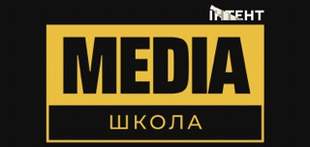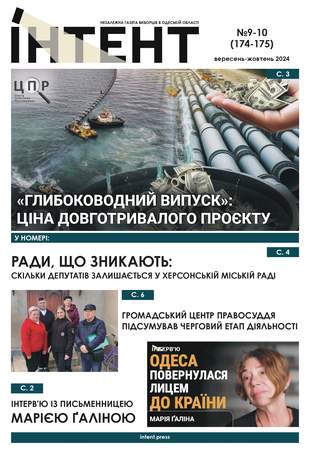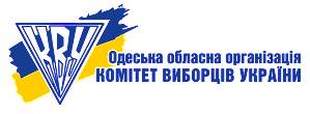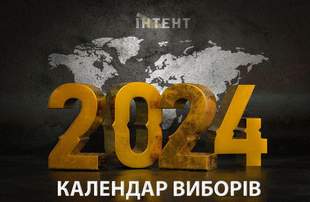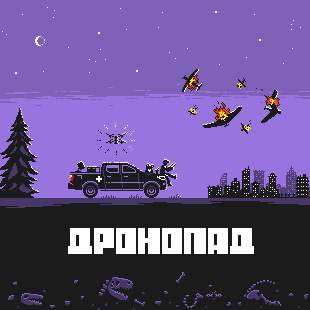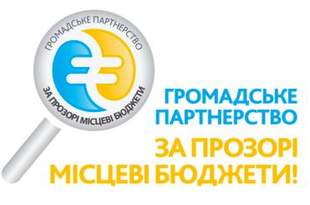Dec. 9, 2024, 3:31 p.m.
Journalists identify teachers who re-educate children in the occupied part of Kherson region
Цей матеріал також доступний українською32
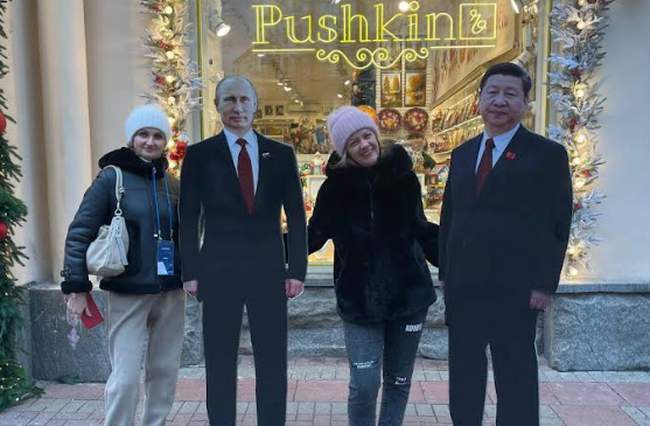
Natalia Vasylenko (left) and Inna Cherniak (right). Photo: Rospublica
In November, two employees of the village school of Nyzhni Sirogozy in the Henichesk district of Kherson region (under temporary occupation) accompanied more than 40 children to Moscow. In addition, they regularly organize events where they tell students about the "greatness" of Russian culture.
As the Center for Investigative Journalism found out, the deputy occupation director of the school, Inna Cherniak , and English teacher Natalia Vasylenko , are actively involved in the re-education of children in Nyzhni Sirohozi . It was they who took 47 Ukrainian children from November 15 to 21, 2024, "to get acquainted with Moscow and its main achievements in the field of culture" - this is how the occupiers called the purpose of the propaganda trip to the Russian capital.
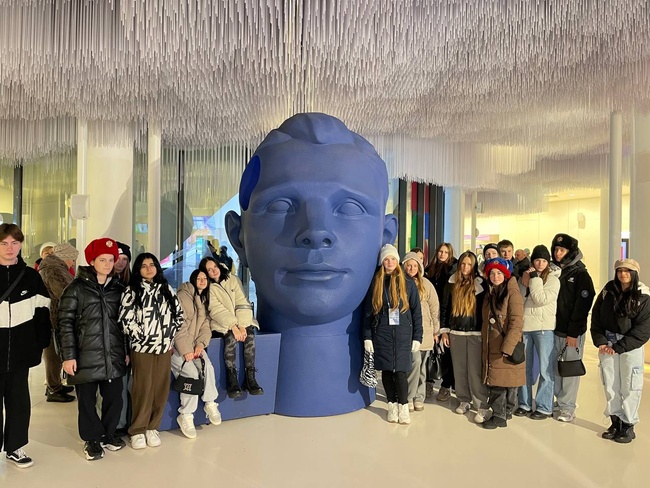
Students from Nyzhni Sirohozy in Moscow. Photo: rospublika
Natalia Vasylenko also often holds propaganda events at the school. At the last one, she spoke about the "invaluable contribution to modern Russia" of inventor Mikhail Kalashnikov.
The CJR journalists also found out that one of the active organizers of propaganda events at the Nizhneseerogogorsk school is the former deputy director for educational work of the Novooleksandrivsk school , Elena Padalko . Her husband, Volodymyr Padalko , also works as a physics teacher at the occupation school.
The occupation authorities also set up anonymous reporting boxes in schools on the temporarily occupied territories of Ukraine. Children in schools are encouraged to report "disloyal" classmates or even their own parents. These measures are promoted under the slogan of "fighting extremism". In addition, representatives of repressive bodies hold lectures in schools, where they agitate children to report those who, in their opinion, have disloyal views towards the occupation authorities.
Kateryna Rashevska, a lawyer at the Regional Center for Human Rights, once said that the re-education of Ukrainian teenagers and young people is very well integrated into the policy of the Russian Federation, and it is carried out by bodies of different levels-federal, regional, occupation, and even Ukrainian collaborators:
"This is a set of measures aimed at militarizing and politically indoctrinating Ukrainian children through both formal and non-formal education. Both in the occupied territory and in the territory of the Russian Federation and the Republic of Belarus."

